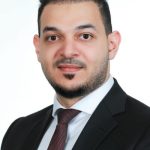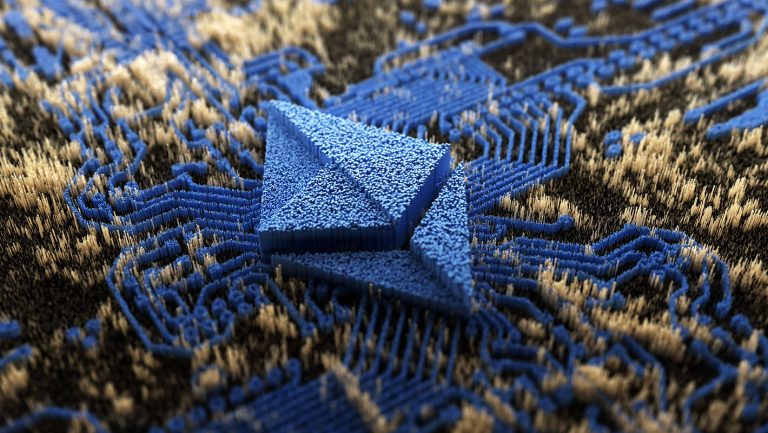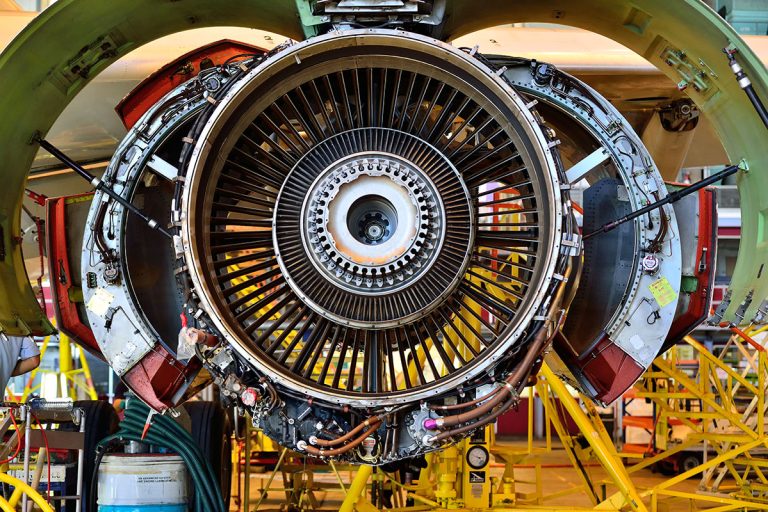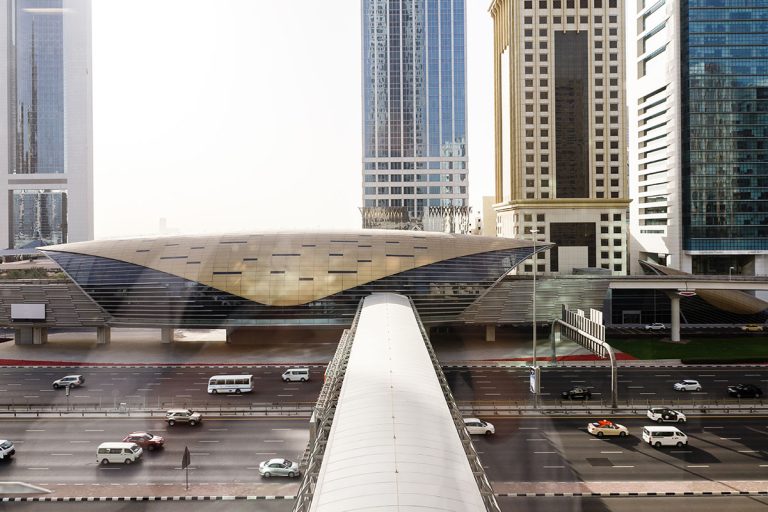A rock solid plan for a greener future
Dr. Emad Walid Al Shalabi, Associate Professor in the Department of Chemical & Petroleum Engineering and a member of the Research and Innovation Center on CO2 and Hydrogen at Khalifa University.

Can the same rocks that once fuelled the oil age now help us fight climate change? Khalifa University’s Emad Al Shalabi believes the answer lies beneath our feet. Working to get more from our planet’s energy reserves, he’s exploring new ways to improve oil extraction and gas storage in underground rock formations. His work could be key to addressing some of the world’s most pressing energy and environmental issues.
What inspired you to work in oil recovery and gas storage?
My interest in oil recovery stems from the ever-increasing demand for global energy which is driven by a growing population and industrial development, especially in Asia and Africa.
Later in my career, increasing concerns over climate change made me realize that carbon capture, utilization, and storage are the most effective technologies to combat global warming.
What’s the ultimate goal of your research?
My research focuses on finding new ways get maximum energy with minimum emissions. At its core, it’s about understanding how rocks and fluids interact in geological formations and their role in enhancing hydrocarbon production while maximizing gas storage.
We are tackling challenges faced by energy companies and turning them into opportunities through systematic experimental and numerical approaches.
Emad Al Shalabi
My team turn the challenges faced by energy companies into opportunities through systematic experimental and numerical approaches. This helps us understand the underlying mechanisms and controlling factors in the lab, then we upscale the findings to the field level, where we can optimize the process.
We also use AI and machine learning to drive accurate, economic, and efficient solutions that help decision-makers deliver low-carbon energy to the market.
What projects are you working on now?
For decades, the industry has injected CO2 into oil reservoirs to boost output by maximizing contact between gas and oil. Now, we’re taking it a step further, studying how CO2 interacts with other components in the formation, such as water and rock. This helps trap more gas underground and improves oil recovery at the same time.
How does Khalifa University support this line of research?
Khalifa University is one of the leading universities and the Petroleum Engineering program is highly recognized globally by achieving the 7th position worldwide in the 2025 QS ranking. We have state-of-the-art technology, well-rounded faculty and researchers with decades of experience in petroleum engineering. This knowledge can be easily applied to other fields, including geological gas storage and geothermal energy, which are current areas of focus at the Research and Innovation Center on CO2 and Hydrogen (RICH) supported by Khalifa University.
What breakthroughs do you expect to see in the future?
I hope to see more advances in making hydrocarbon production more sustainable to help us achieve net-zero targets.
We are currently developing technologies that use advanced CO2 foam systems for enhanced oil recovery and gas storage. These are supported with machine-learning models that hopefully will mature to support the economy of the UAE and beyond.




